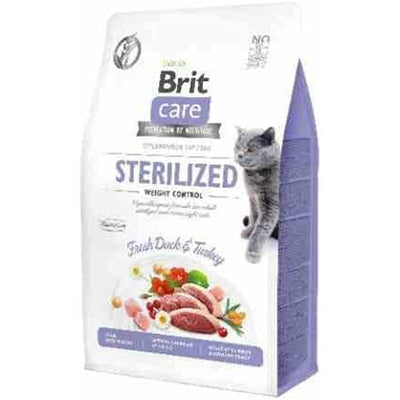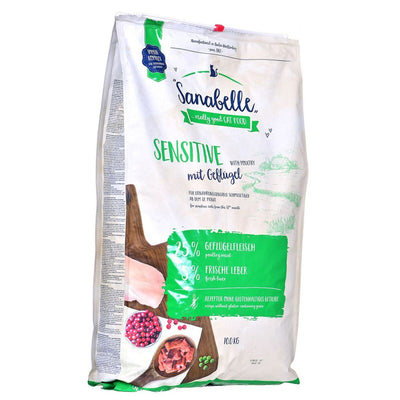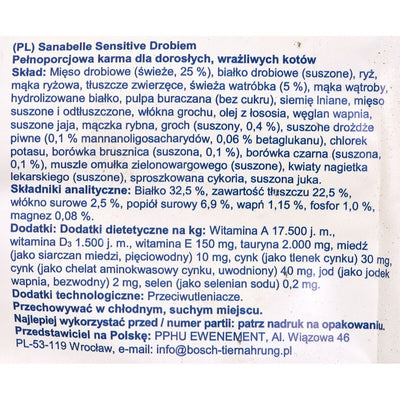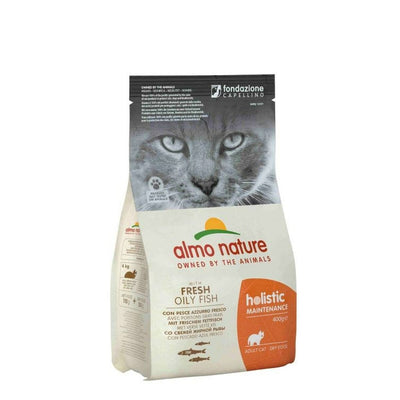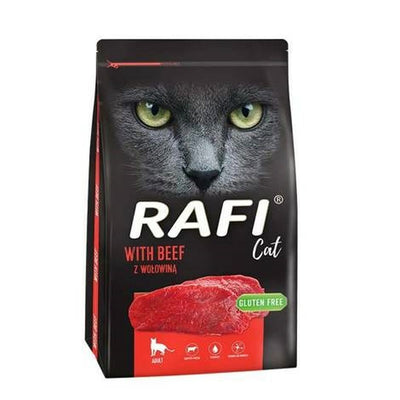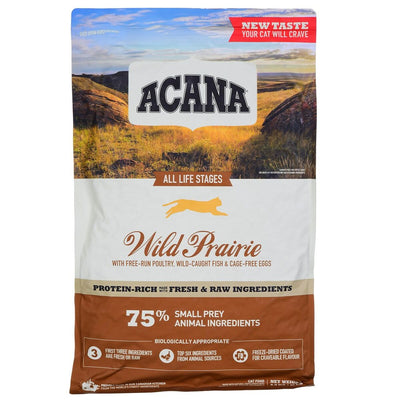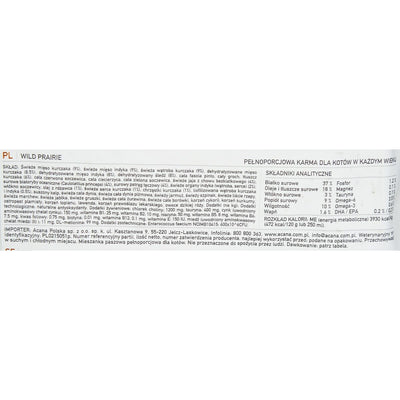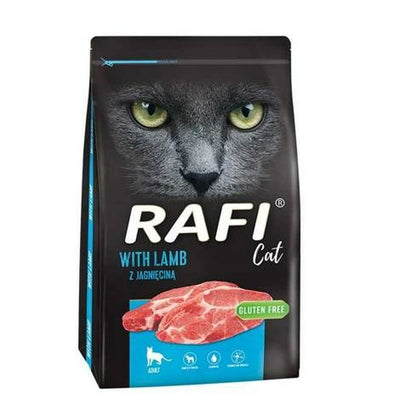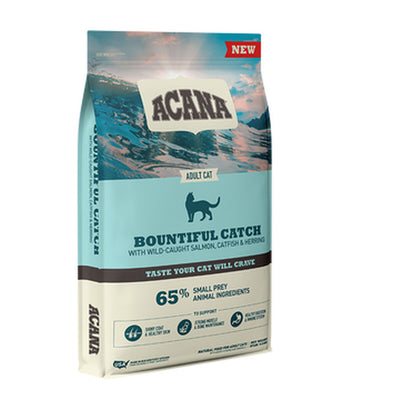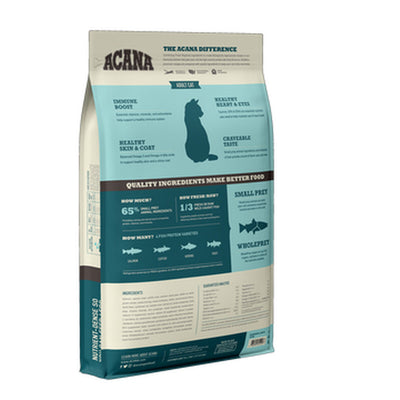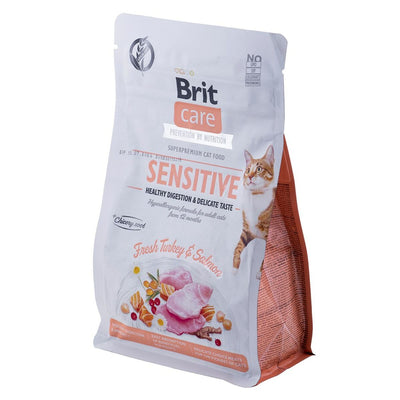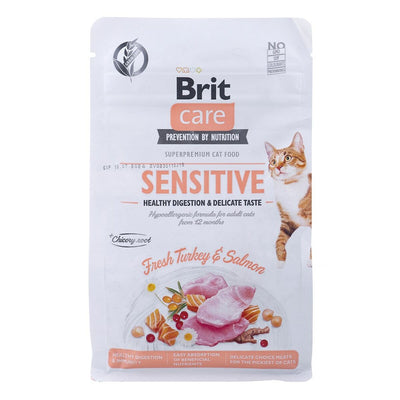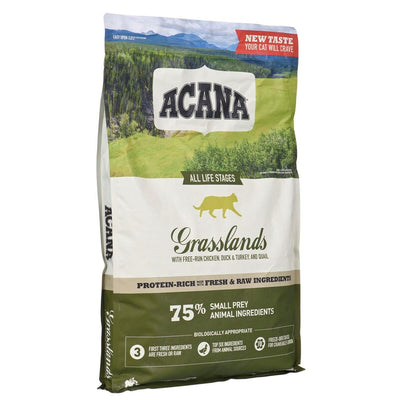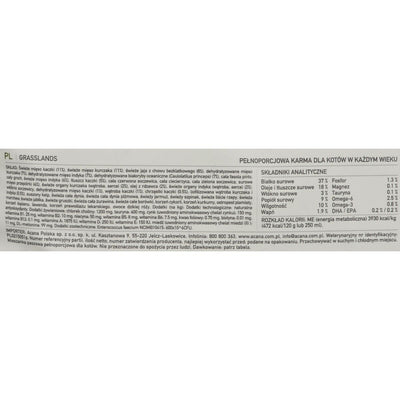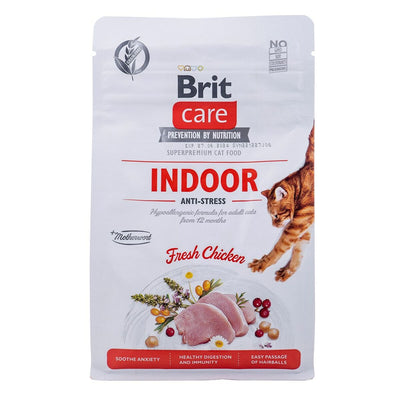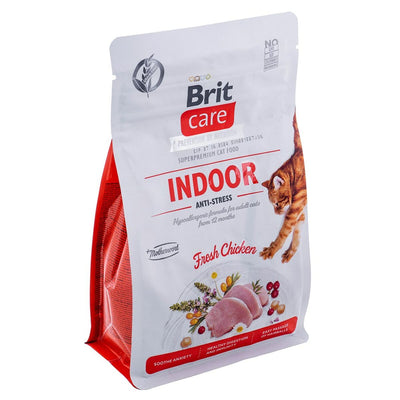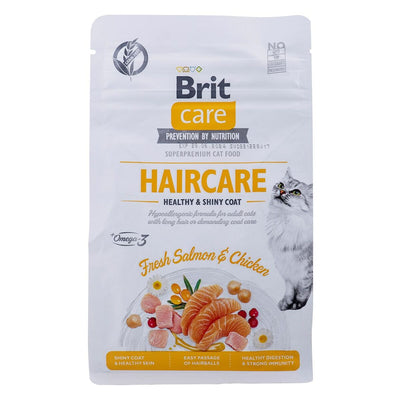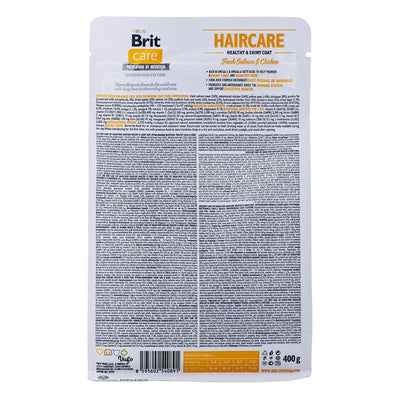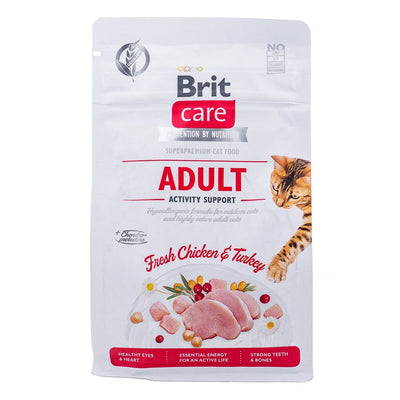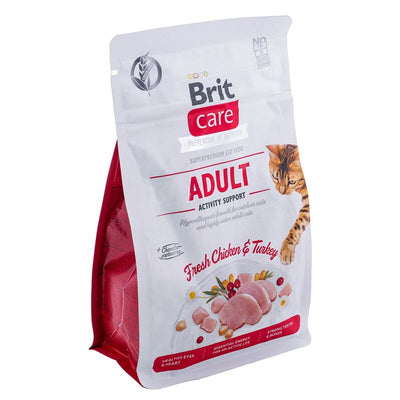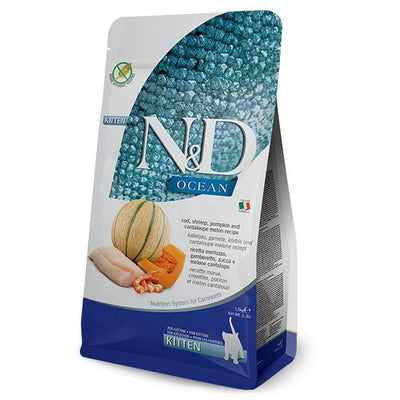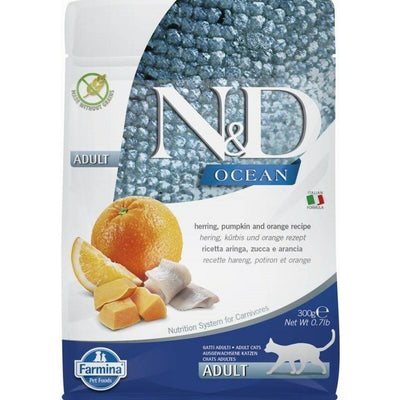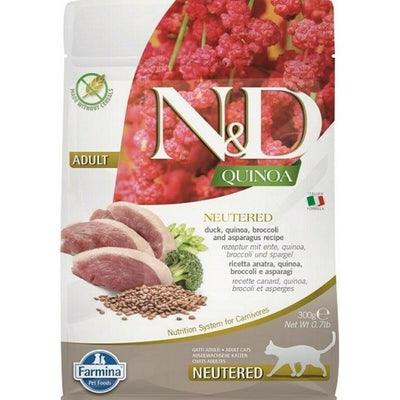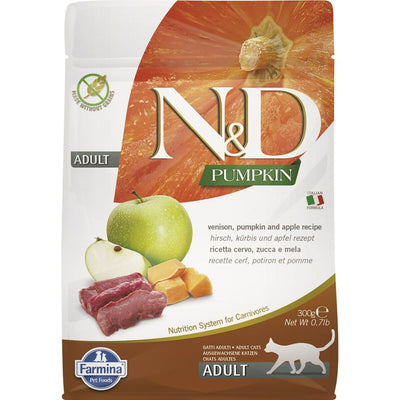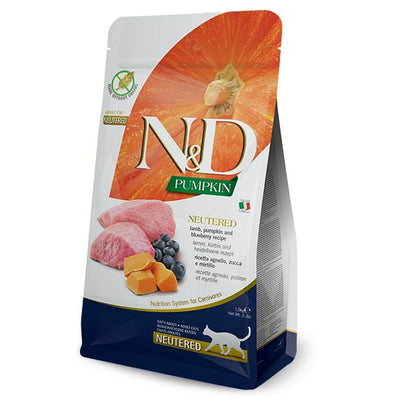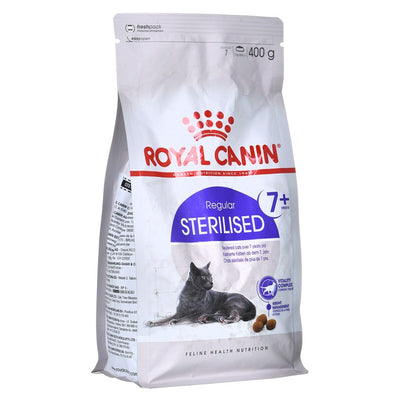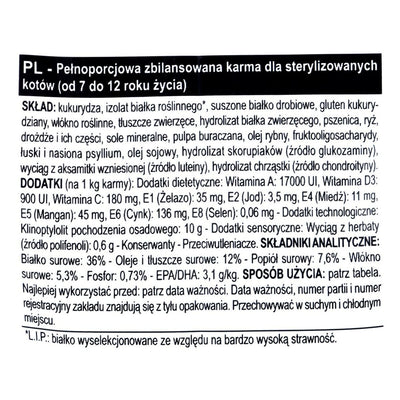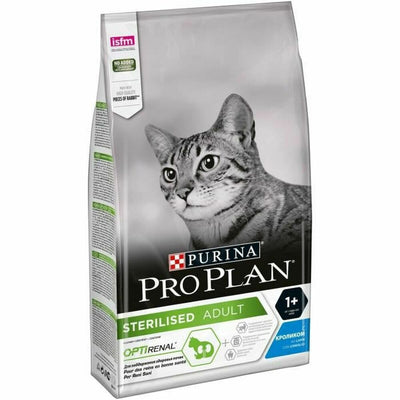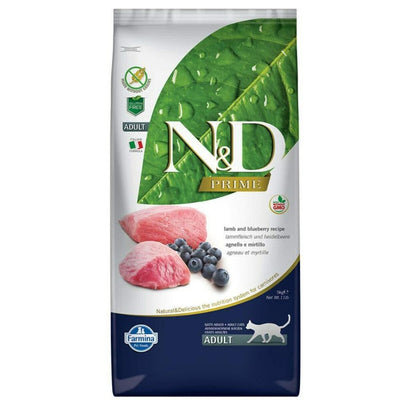
cat food
Choosing the Best Cat Food: A Guide to Cat Nutrition
Cats are beloved members of our family and as responsible pet owners, ensuring their health and well-being is our top priority. One of the fundamental aspects of cat care is a balanced and nutritious diet. With the overwhelming selection of cat foods on the market, finding the right food can be a daunting task. This article is intended to walk you through the intricacies of cat nutrition and help you make informed decisions about your cat's diet.
Understanding cat nutrition
Cats are carnivores, meaning their diet consists primarily of meat. They need essential nutrients such as proteins, fats, vitamins and minerals to thrive. When choosing cat food, it is crucial to choose high-quality ingredients that meet these nutritional needs.
Protein content
Protein is a cornerstone of a cat's diet and supports muscle building and overall health. Look for cat food that is high in animal proteins such as chicken, fish or beef. Avoid proteins with an excess of vegetable proteins, as cats do not have the necessary enzymes to digest them efficiently.
Fat content
Fats are another important part of a cat's diet. They provide energy and support various body functions. Choose cat food with moderate fat content, including essential fatty acids like omega-3 and omega-6, which contribute to a healthy coat and skin.
carbohydrates
While cats do not require large amounts of carbohydrates, a small percentage can be added for energy. However, be careful with high carbohydrate content as excessive levels can lead to obesity and other health problems. Choose cat food that prioritizes protein and fat over carbohydrates.
Types of cat food
Knowing the different types of cat food will help you choose the most suitable option for your cat:
- Dry food for cats
Dry cat food, also known as kibble, is practical and has a longer shelf life. However, it may contain more carbohydrates and be less palatable for some cats. Make sure the dry cat food you choose meets your cat's nutritional needs.
- Wet cat food
Wet cat food, which comes in cans or pouches, is often preferred by cats due to its moisture content and improved taste. It can be beneficial for cats with dental problems because the texture is softer. Look for wet cat food that contains high-quality protein sources and few fillers.
- Raw food and home-cooked diets
Some pet owners choose raw or homemade food because they believe it is close to a cat's natural diet. Although these diets can be nutritionally complete when carefully constructed, they require thorough research and consultation with a veterinarian to ensure all essential nutrients are included.
Cat Food FAQs
How much should I feed my cat?
The recommended daily amount of food varies depending on factors such as age, weight and activity level. Consult with your veterinarian to determine the correct portion size for your cat.
Can I switch my cat to a new diet?
Yes, but it should be done gradually over 7-10 days to prevent indigestion. Mix increasing proportions of the new food with the old food until your cat is fully transitioned.
Is grain-free cat food better?
Not necessarily. While some cats do well on a grain-free diet, others may not. Consult your veterinarian to determine the best nutritional choices for your cat.
Should I choose commercial or prescription cat food?
The choice depends on your cat's specific health needs. Prescription diets are tailored to specific medical conditions. Therefore, consult your veterinarian to make an informed decision.
Are homemade cat food recipes safe?
Homemade diets can be safe when carefully formulated under the guidance of a veterinarian or pet nutritionist. It is important to ensure that all necessary nutrients are included.
Can I mix wet and dry cat food?
Yes, combining wet and dry cat food can provide the benefits of both: moisture from wet food and dental care from dry food. Make sure the total calorie intake meets your cat's needs.
How can I tell if my cat has a food allergy?
Signs of food allergy in cats include vomiting, diarrhea, itchy skin, and ear infections. Consult your veterinarian if you suspect your cat has a food allergy.


